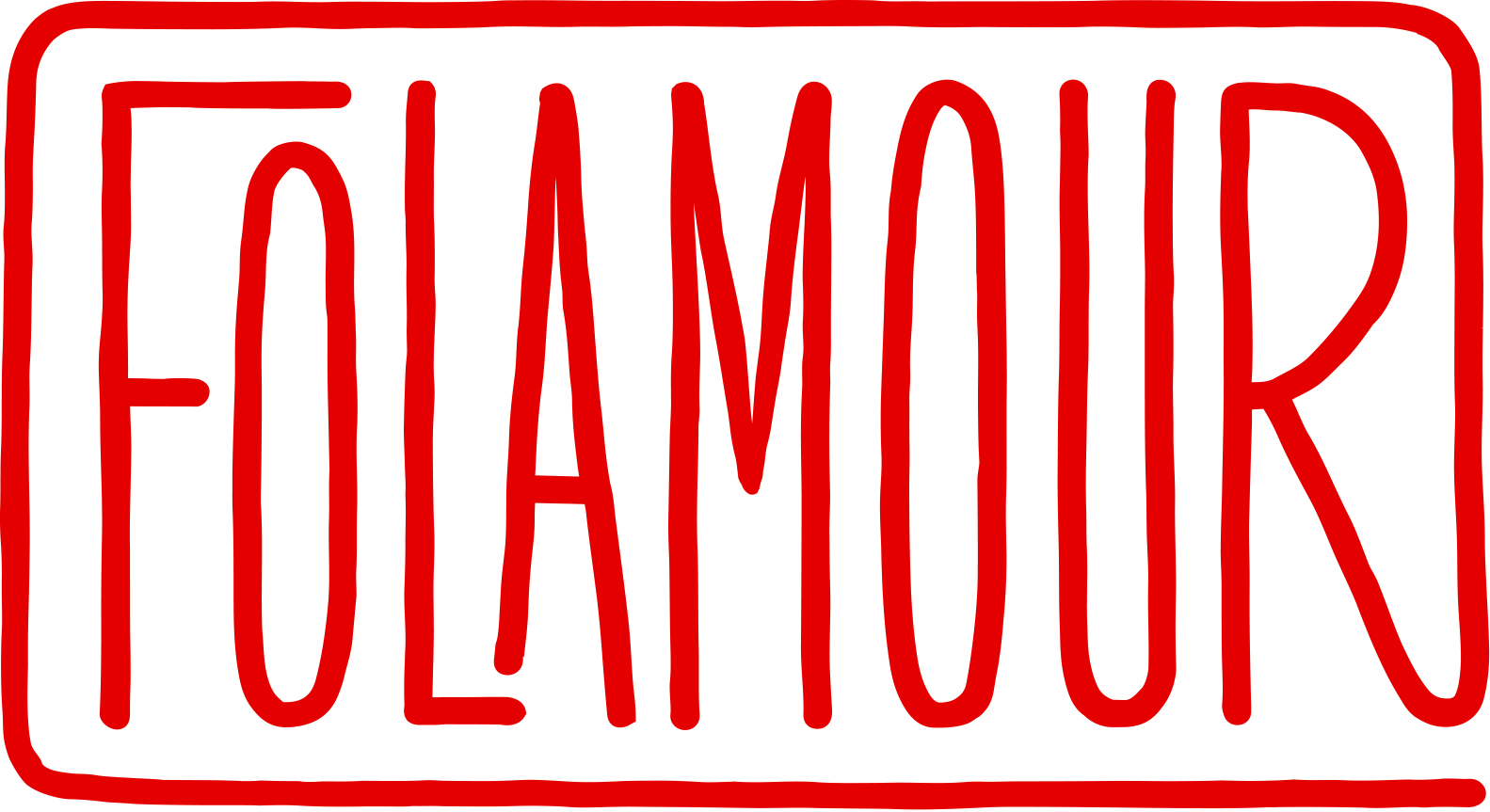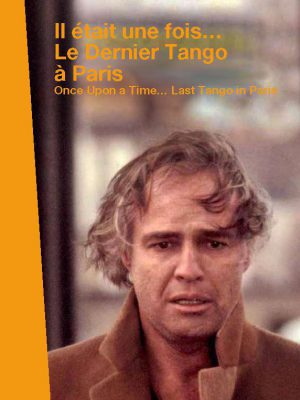ONCE UPON A TIME... LAST TANGO IN PARIS
| Directors | Bruno Nuytten and Serge July |
| Writers | Serge July et Yann Le Gal |
| Image | François Catonné, Jean-Claude Ducouret, Eric Genillier, Pierre Isnardon |
| Sound | Thierry Blandin, Jean Minondon, François De Morant, Michele Tarantola, Olivier Le Vacon, François Waledisch |
| Editing | Tina Baz |
| Length | 52 minutes |
| Format | Digital video |
| Version | French |
| Broadcasters | Arte Odyssée, France5, RTBF |
Protagonists:
- Bernardo BERTOLUCCI, director
- Maria SCHNEIDER, actress
- Vittorio STORARO, director of photography
- Germaine GREER, feminist writer
- Catherine ALLEGRET, actress
- Fernand MOSZKOWICZ, 1st assistant director
- Jean-David LEFEBVRE, 2nd assistant director
Portrait of a film: Paul, a 45-year-old American living in Paris, played by Marlon Brando, investigates the suicide of his wife, owner of the small hotel where he lived. One day, he meets a young unknown woman, Jeanne, played by Maria Schneider, on the Passy bridge. They make love in a vacant apartment nearby. Shutting themselves away in the apartment for three days, the two lovers indulge in an impersonal sadomasochistic relationship, using butter as a lubricant. But Paul is a man weary of life and the dominant male is agonizing. The relationship is reversed and Jeanne ends up killing him. The film caused a huge scandal throughout the world, with complaints, bans and heated debates, but it was a public success. Released in December 1972, it received attacks from the leagues of virtue as well as from feminist movements.
Portrait of an era The film captures the climate of the early 1970s, a time between the twilight of post-68 leftism and the sexual revolution. In 1972, Gerard Damiano’s pornographic film “Deep Throat” opens the way to the commercial revival of a genre that had until then been ghettoised. The 1970s also marked the rise of feminism. As in the film, which shows its decline, male omnipotence is being challenged everywhere in Western countries. “Last Tango in Paris” is released immediately after the famous Bobigny trial which, for the first time in France, results in the release of a young girl accused of abortion. To the slogan of the libertarian individualism of ’68: “Enjoy without hindrance”, now resonates the feminist slogan: “My body is mine”.
Portrait of a filmmaker: Former assistant to Pier Paolo Pasolini and Sergio Leone’s former screenwriter, Bernardo Bertolucci was 32 years old in 1972. After the success of “Prima della rivoluzione” in 1964, he directed ” The Spider’s Stratagem” and “The Conformist”, which made him the undisputed leader of the renaissance of Italian cinema. In 1987, he won nine Oscars with “The Last Emperor”, a Hollywood blockbuster, most of which was shot in the Forbidden City of Beijing. “Last Tango in Paris” will earn him worldwide fame, but the scandal generated by the film will affect him, just as it will shock Maria Schneider, who will find it difficult to pursue her career. When she dies in 2011, the filmmaker will express his regrets for not having apologized to her for the violence of certain scenes.


 EN
EN FR
FR